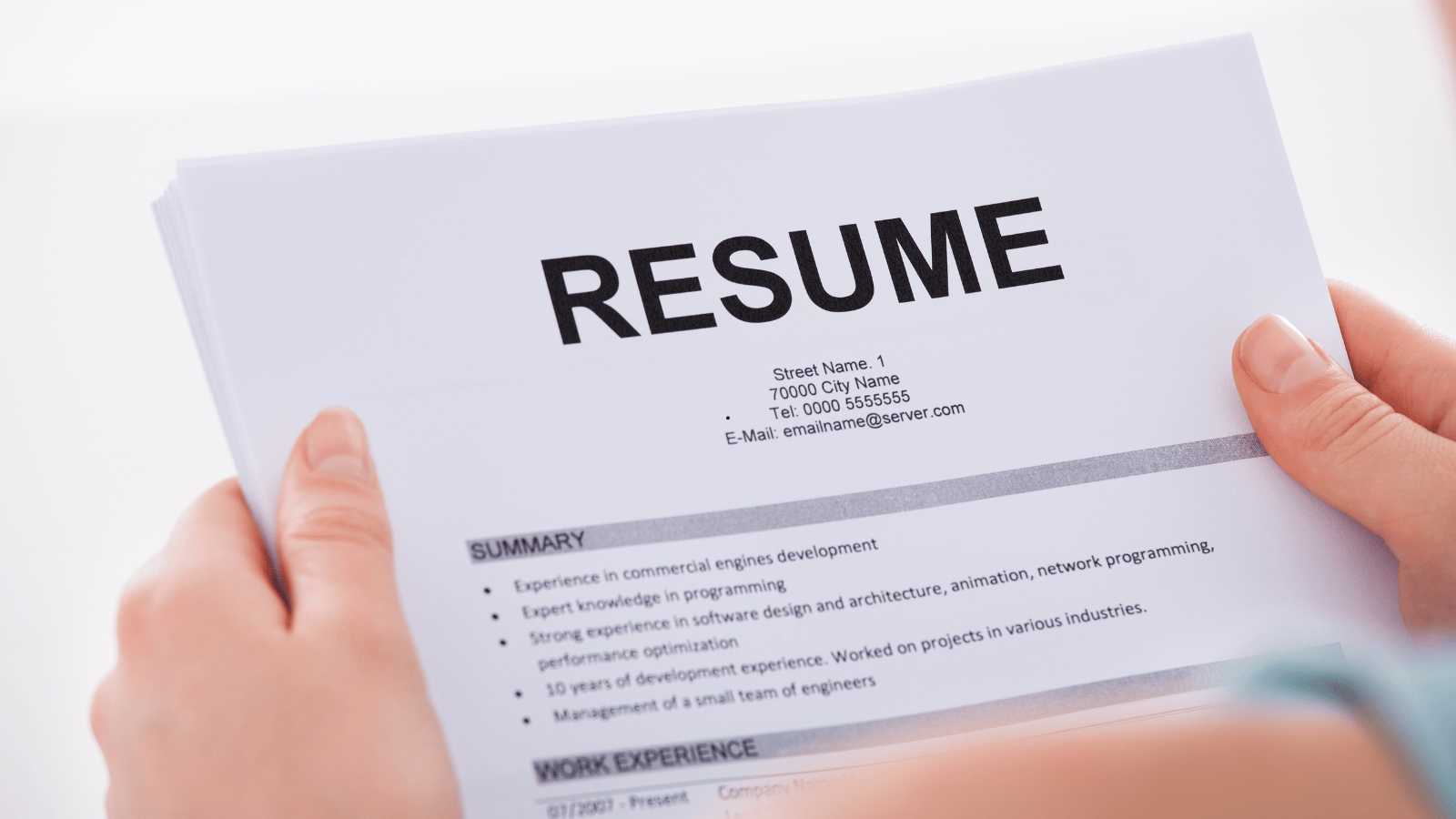A resume is a concise document that summarizes your professional background, skills, and accomplishments. It serves as your first introduction to potential employers. There are three main types of resumes:
- Chronological: Lists work experience in reverse chronological order.
- Functional: Focuses on skills and experiences rather than chronological work history.
- Combination: Merges elements of both chronological and functional formats.
Why is an Effective Resume Important?
Your resume is often the first impression a recruiter has of you. It acts as your advocate, promoting your qualifications and fit for the role. A well-structured resume can significantly boost your chances of landing an interview.
Pre-Writing Preparation
Self-Assessment
Before you start writing, assess your skills, experiences, and achievements. Identify what makes you unique and how your career goals align with the job you’re applying for. This clarity will guide the content and tone of your resume.
Research the Job and Industry
Tailor your resume to the specific job and industry. Analyze job descriptions to identify relevant keywords and required skills. This targeted approach increases your chances of passing through Applicant Tracking Systems (ATS).
Crafting Your Resume
Choose the Right Resume Format
Select a format that best highlights your strengths:
- Chronological is ideal for those with a solid work history.
- Functional suits career switchers or those with gaps in their employment.
- Combination works well for showcasing both experience and skills.
Write a Compelling Summary Statement
Your summary statement should provide a snapshot of your career, highlighting your key achievements and skills. For example, “Results-driven marketing professional with over 5 years of experience in digital strategy and content creation.”
Highlight Your Work Experience
List your job titles, companies, and dates of employment. Use bullet points to outline your responsibilities and achievements. Quantify accomplishments with metrics, like “Increased social media engagement by 40%.”
Showcase Your Skills
Include both hard and soft skills. Match these with the job requirements to demonstrate your suitability. For instance, list skills like “data analysis” and “team leadership.”
Include Relevant Education and Certifications
Detail your educational background, including degrees, institutions, and graduation dates. Add any relevant certifications or courses that bolster your qualifications for the role.
Incorporate Keywords
Using the right keywords is vital for passing ATS. Extract these from the job description and integrate them naturally into your resume, ensuring they reflect your actual skills and experiences.
Enhancing Your Resume

Use Action Verbs
Start your bullet points with dynamic action verbs like “spearheaded,” “optimized,” or “designed.” These verbs add energy and clarity to your achievements, making your resume more engaging.
Tailor Your Resume for Each Application
Customize your resume for each job application to better align with the specific role. This may involve tweaking your summary statement, highlighting different skills, or reorganizing sections based on the job requirements.
Proofread and Edit
Avoid common mistakes such as typos or inconsistent formatting. Proofread your resume multiple times and consider using tools like Grammarly. Better yet, ask a friend or mentor to review it for you.
Final Touches
Design and Layout
Keep the design clean and professional. Use consistent fonts and bullet points. Ensure there is ample white space to make the document easy to read. A visually appealing resume can capture attention and convey professionalism.
Get Feedback
Seek feedback from mentors, career advisors, or peers. Utilize online tools and resources for professional resume reviews. Constructive criticism can help you refine your resume to perfection.
Common Questions (FAQs)
How long should my resume be?
Your resume should ideally be one page long, especially if you have less than 10 years of experience. However, two pages are acceptable for more experienced professionals.
Should I include a photo on my resume?
In most cases, it’s best to skip the photo to avoid potential bias and to keep the focus on your qualifications. Some countries and industries still expect photos, so research the norms for your target job.
How do I handle employment gaps on my resume?
Be honest about gaps but focus on what you did during those periods, such as freelance work, volunteering, or further education. Mentioning these activities can demonstrate your proactive nature.
What if I have little to no work experience?
Highlight relevant coursework, internships, volunteer work, and skills. Look for ways to showcase transferable skills that apply to the job you’re seeking.
Can I use a resume template?
Yes, using a template can help you maintain a professional format. Just ensure that you customize it to reflect your unique qualifications and experiences.
How do I write a resume for a career change?
Focus on transferable skills and relevant experiences. Highlight any additional coursework or certifications that demonstrate your commitment to the new field.
What is the difference between a CV and a resume?
A CV (Curriculum Vitae) is a detailed document used mainly for academic purposes, while a resume is a concise summary of your professional history tailored for job applications.
How do I make my resume stand out?
Customize it for each job, use a clean design, and highlight your unique achievements. Incorporating metrics and action verbs helps too.
Should I include references on my resume?
No, it’s not necessary. If an employer wants references, they will ask for them. Instead, use the space to provide more details about your qualifications.
How often should I update my resume?
Update your resume regularly—ideally every six months or after completing significant projects or milestones in your career.
Conclusion
A well-crafted resume is more than just a document; it’s your ticket to new job opportunities. By following these 15 tips, you’ll be well on your way to creating an effective resume that showcases your qualifications and sets you apart from the competition.




